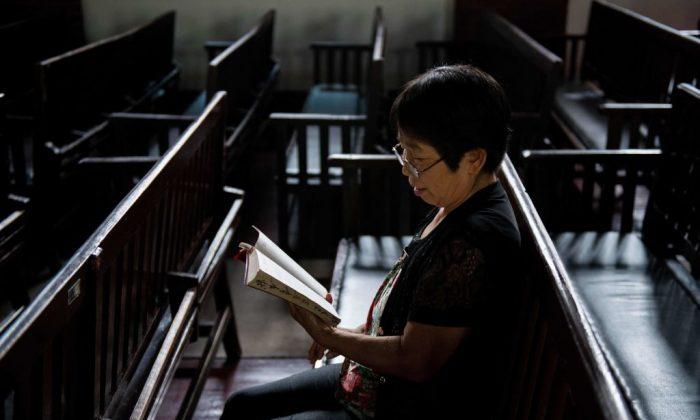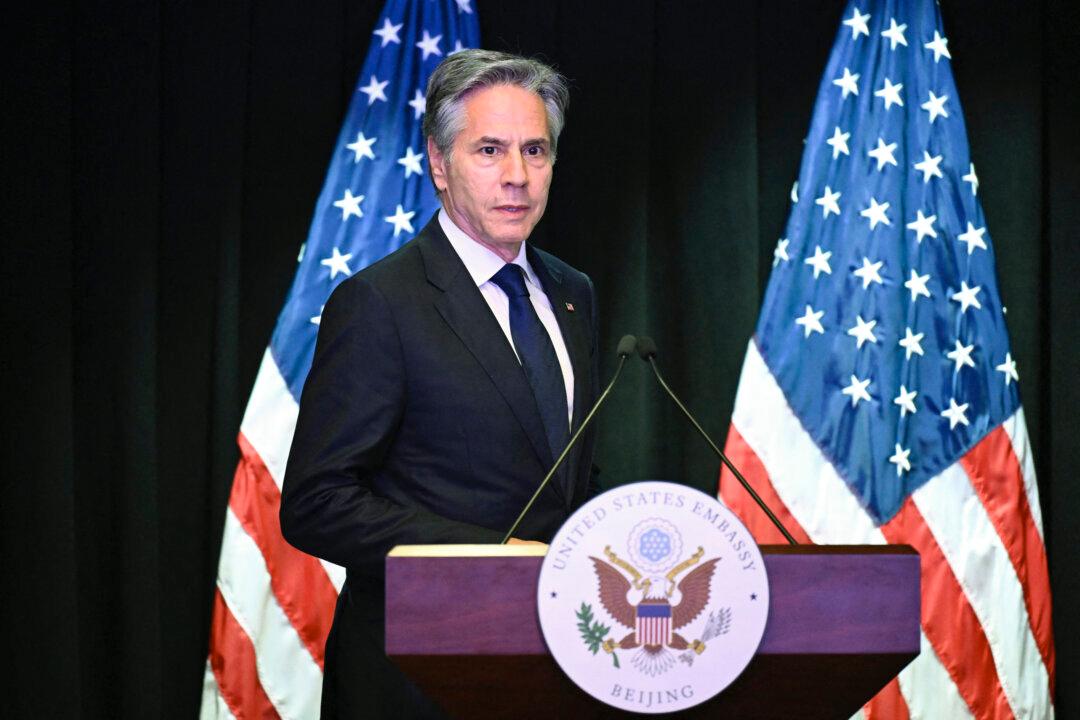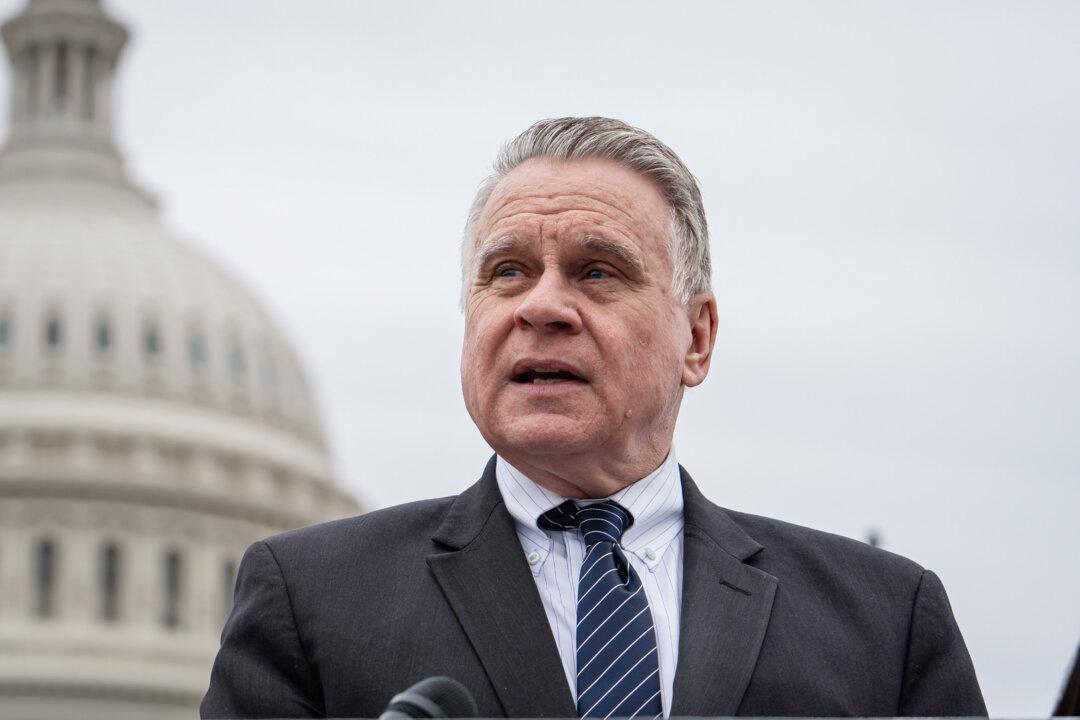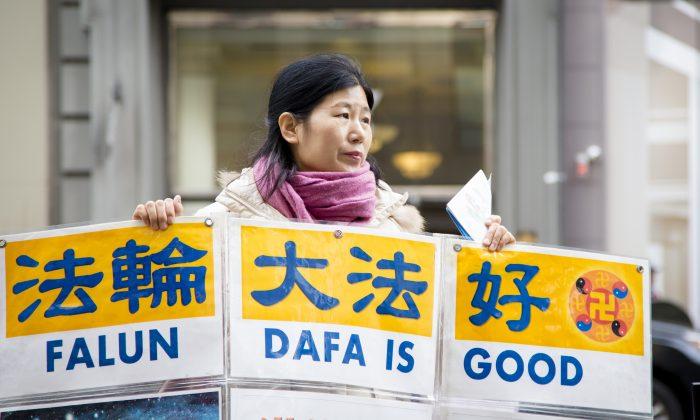The United States Commission on International Religious Freedom (USCIRF) issued a statement on Aug. 5, calling on Beijing to release the imprisoned Chinese underground church leader and religious freedom advocate Hu Shigen.
USCIRF is a bipartisan federal government entity created by the U.S. Congress to monitor, analyze, and report on threats to religious freedom around the world.
Hu was arrested during a July 2015 mass crackdown on human rights lawyers and activists across China, commonly known as the 709 incident. Prominent lawyers such as Wang Quanzhang and Wang Yu were also arrested.
Previously, Hu was sentenced to 20 years in prison in 1992, for his involvement in founding the China Free Democratic Party and the China Free Labor Union. At the time, Chinese authorities charged him with “organizing and leading a counterrevolutionary group” and “counter revolutionary propaganda and incitement.”
He was released in 2008, after 16 years in prison, where he was tortured, according to the USCIRF website. After his incarceration, Hu became the leader of several underground churches.
Christian houses of worship that are not sanctioned by the Chinese Communist Party are often subject to suppression.
“China’s persecution of Christian house churches is a stain on its international reputation,” Bauer stated.
He added: “China may strive to be a leading economic power, but the world cannot forget the government’s deplorable treatment of religious believers and peaceful advocates within its borders.”
In January 2018, Hu was transferred to the prison’s hospital due to coronary heart disease. That same month, his family reapplied for his release on medical grounds, but the request was not approved.
Hu’s elder sister visited him at the hospital in November 2018 and learned that he had been held continuously at the prison’s hospital wing.
USCIRF had urged the U.S. State Department to designate China as a “country of particular concern” for Beijing’s “systematic, ongoing, egregious violations of religious freedom.”
The State Department has made such a designation since 1999.
The report’s section on China documents abuses against Christians, Uygher Muslims, Tibetan Buddhists, and Falun Gong practitioners, among others. Falun Gong is a spiritual practice with moral teachings and mediatives exercises that has been subjected to state-wide persecution since July 1999, with tens of thousands being thrown into prison, brainwashing centers, and labor camps.





